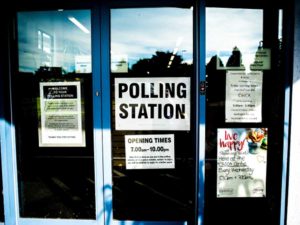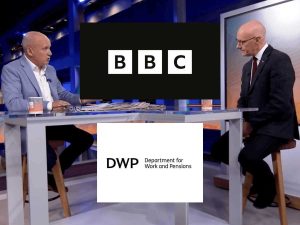Keir Starmer has said the winter fuel payment cut “makes sense”, just as his government admits it will push 250,000 pensioners into poverty by 2029-30.
Starmer said many pensioners are “relatively wealthy” and didn’t need the allowance. But this leads to the question as to why he made the threshold so low for those who can claim it. From this winter, winter fuel payment allowance is only available to those who claim pension credit.
50,000 more in poverty per year thanks to the winter fuel payment cut
Labour Party work and pensions secretary Liz Kendall admitted in a letter that analysis shows that:
compared to the numbers that would have been in poverty without this policy, it is estimated that in each year in question there will be an additional 50,000 pensioners in relative poverty after housing costs in 2024-25, 2025-26 and 2027-28, instead.
The modelling also shows that an additional 100,000 pensioners are estimated to be in relative poverty after housing costs in 2026-27, 2028-29 and 2029-30. For all other measures of poverty, it is estimated that there will be an additional 50,000 pensioners in poverty each year from 2024-25 to 2029-30.
Labour’s winter fuel payment cut admission reduces numerous comments from its ministers to, frankly, garbage. For instance, in October, culture secretary Lisa Nandy claimed that “no pensioner will be worse off this year”.
Earlier in November, the union Unite announced it will challenge the winter fuel cut in court unless the government reverses its decision. This is on the grounds that Labour failed to properly consider the policy particularly for disabled people, people in Wales and those just above the threshold for pensions credit.
The outcome that hundreds of thousands more pensioners will be in poverty from 2024-30 thanks to the winter fuel payment cut comes just as the energy regulator Ofgem announced a further increase of 1.2% on the energy price cap, following a 10% increase in October.
Green New Deal could keep pensioners out of poverty
Labour should be thinking big and long-term on how renewables could address both the climate and energy bills for pensioners. Instead, the government seems to be in the pocket of fossil fuel lobbyists and dirty energy donors. In July, the party accepted its largest ever donation (£4m) from a Cayman Island’s registered hedge fund with huge investments in fossil fuels.
Aside from the moneyed toxicity in our political system, the overall strategy makes zero sense. Government contracts for offshore wind energy have been under 5p per kilowatt hour.
That’s less than a quarter of typical household electricity bills that consumers are facing. A renewable energy transition would not only address spiralling climate disaster, it would greatly bring down our energy bills and keep pensioners and others out of poverty.
Also, it would benefit the economy and households further if the renewable sources are in public ownership. That’s because it would remove profit from an essential every business and person needs daily.
This is contrary to the Labour government’s current lip service, where it says it will crowd in private investment for renewables through very minimal public funding. Research shows that a Green New Deal would also bring us energy security and independence, protecting us from volatile global gas markets that drive up inflation.
In short, instead of subsidising fossil fuel companies further with benefits for expensive gas and oil sources, along with obscene levels of profiteering, the government should bring in a publicly owned Green New Deal to drastically slash energy prices across the board.
But until then, it’s irresponsible of Starmer to drive so many more pensioners into poverty through the winter fuel payment cut.
Featured image via Shehab Khan – X




